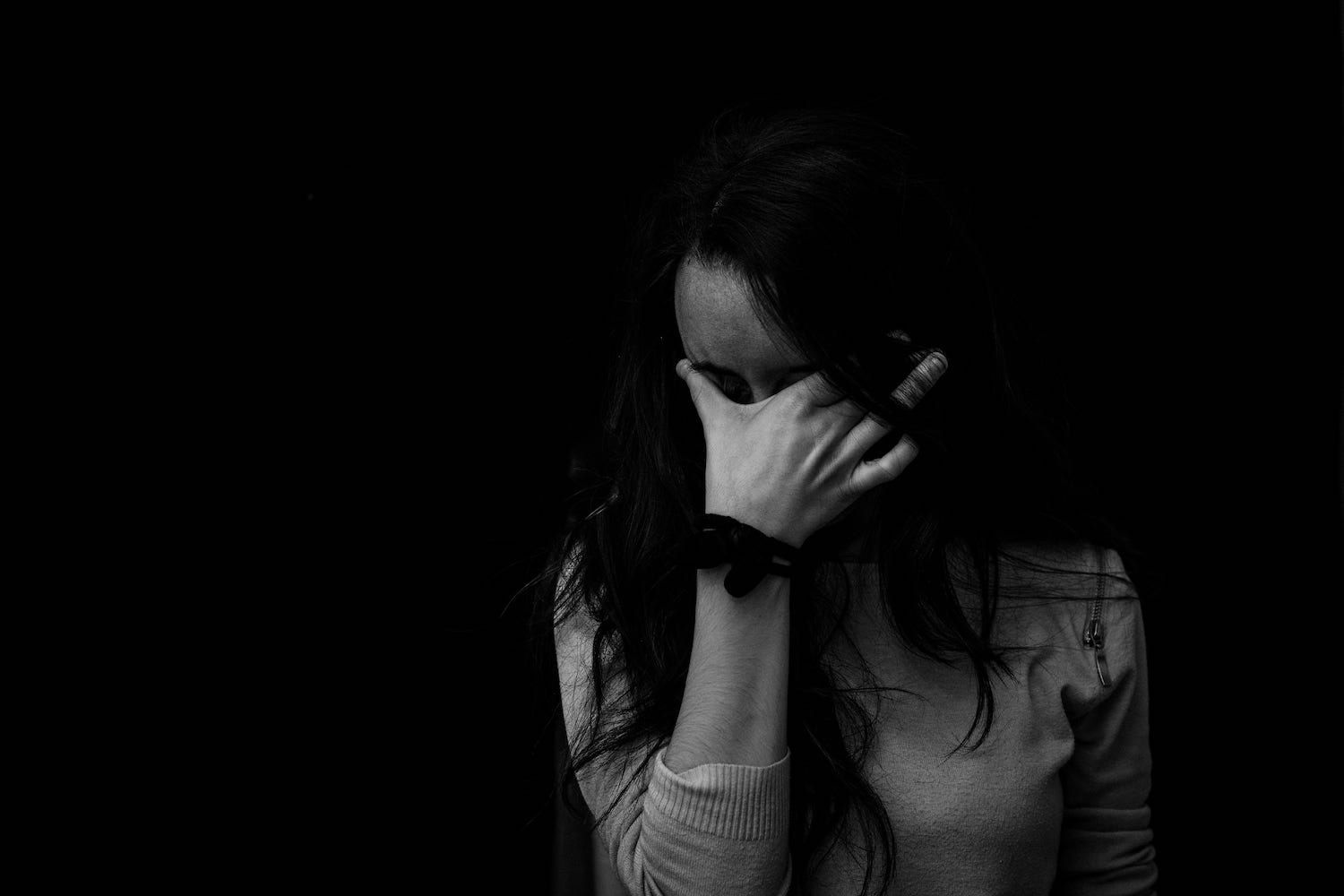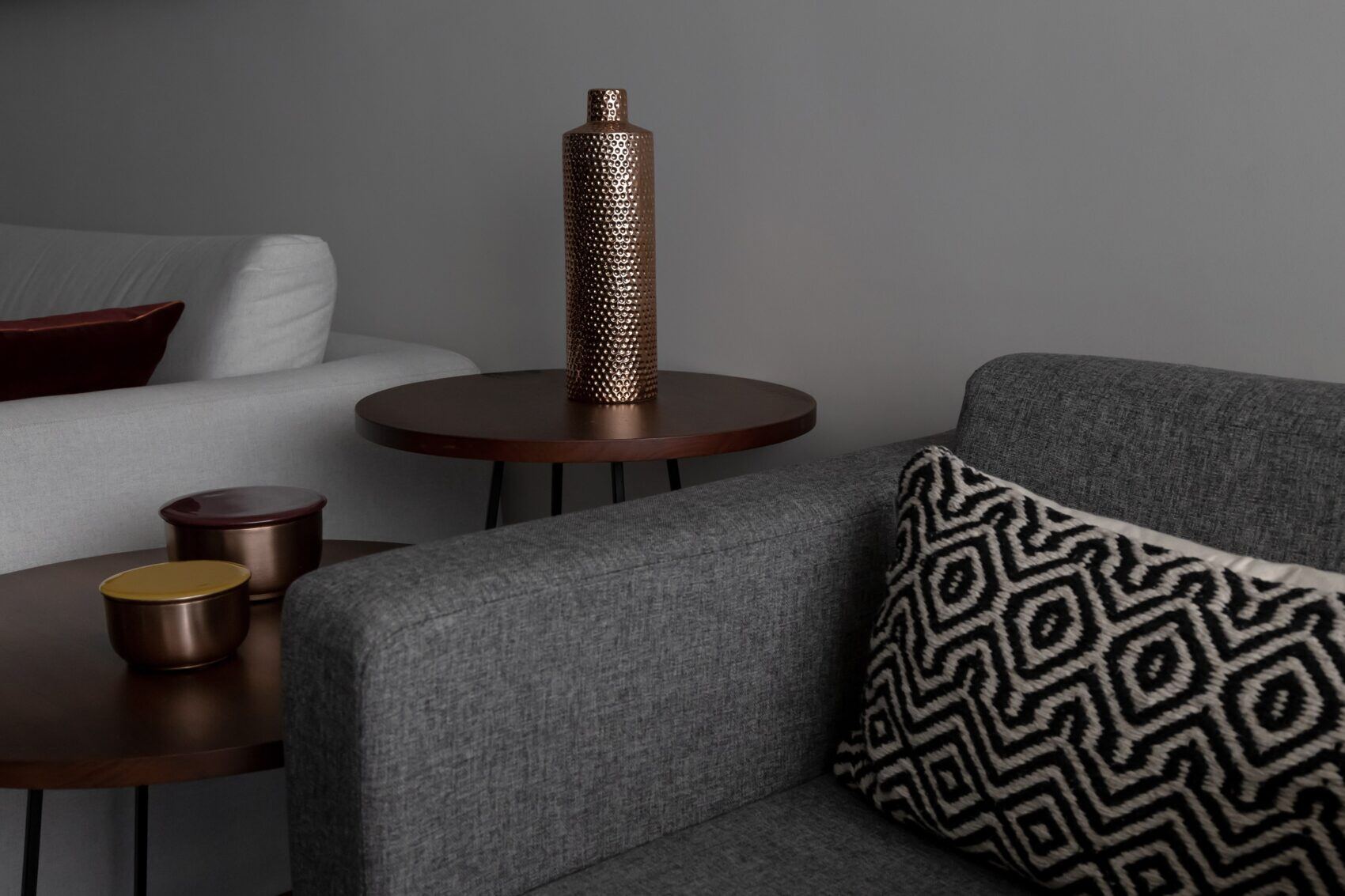What Are The Common Anxiety Disorders? Simple Strategies For Relief
Anxiety is the body’s natural response to stress. Anxiety will manifest differently in different people. The feelings of anxiety can range from mild to severe. While fleeting anxiety is unavoidable, it is not healthy for an individual to experience persistent and debilitating symptoms of anxiety. An individual may be struggling with an anxiety disorder when pervasive anxiety interferes with his or her ability to function in daily life. The National Alliance on Mental Illness (NAMI) asserts: “Anxiety disorders are a group of related conditions, each having unique symptoms. However, all anxiety disorders have one thing in common: persistent, excessive fear or worry in situations that are not threatening.” There are currently five distinct types of anxiety disorders listed in the Diagnostic and Statistical Manual of Mental Disorders, Fifth Edition (DSM-5). They include the following: generalized anxiety disorder (GAD), obsessive-compulsive disorder (OCD), panic disorder, post-traumatic stress disorder (PTSD), and social anxiety disorder (also known as social phobia). The exact cause for developing an anxiety disorder remains unknown. Research suggests that it is likely due to a combination of contributing factors such as psychological, environmental, genetic, and developmental factors. Fortunately, there are an array of effective coping mechanisms and anxiety management strategies that can help to prevent, reduce, manage, and even become more resilient toward anxiety.
Simple Strategies For Relief
It is helpful to arm oneself with a variety of coping strategies to navigate anxiety when it arises. Consider the following suggestions and simple tips that can help relieve symptoms of anxiety:
- Breathe: focus on slowing down your breath to help pull your focus away from your symptoms and onto your breath
- Explore relaxation methods: try out different relaxation tactics (e.g., meditation, journaling, listening to music, etc.)
- Exercise: Regular exercise can not only help you remain physically fit, but also provides a natural release of endorphins, elevating your mood
- Get creative: engaging in creativity can be an excellent emotional outlet; consider taking a painting class, trying out ceramics, taking a cooking class, etc.
- Focus on external stimuli: look around you and notice tangible items in your surroundings; this can be both grounding and helpful in gaining perspective over your anxiety
- Acknowledge your feelings: although it may seem that your anxiety will last forever, it won’t; by acknowledging and naming your feelings you can help diffuse your angst
There is no single anxiety-relieving method that is universally effective for everyone. Even if you are fully equipped with an abundance of different coping mechanisms and strategies that have worked in the past, there may be some situations that require additional, outside support. If you are experiencing frequent and/ or severe bouts of anxiety it is best to err on the side of caution and obtain an evaluation from a qualified mental health professional. At the very least, they will be able to provide you with more pointed guidance regarding how to deal with your anxiety most effectively.
For Information and Support
Substance abuse and addiction can be incredibly dangerous and can result in severe short and long-term consequences. If you or someone you know is suffering from substance abuse or addiction, please get help as soon as possible. The earlier you seek support, the sooner you and your loved ones can return to leading happy, healthy, and fulfilling lives. There is no reason to go through this alone, and Friendly House is here to help. Please feel free to reach out to us for further information or with any questions regarding substance abuse or addiction. We are available anytime via telephone at: 213-389-9964, or you can always email us at: info@friendlyhousela.org.



